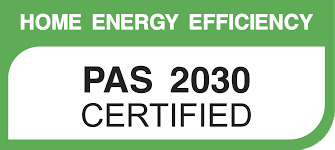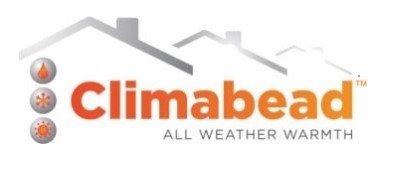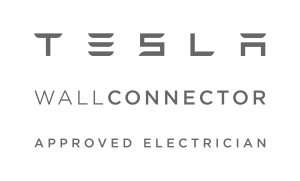When it comes to energy efficiency in residential buildings, the United Kingdom faces a significant challenge. According to various studies and reports, UK homes are consistently ranked as the least energy-efficient in Europe. This issue not only contributes to increased energy consumption but also results in higher greenhouse gas emissions and inflated energy bills for homeowners. In this article, we will explore some of the key factors contributing to the energy inefficiency of UK homes and discuss the importance of addressing this issue for the environment, homeowners, and society as a whole.
Aging Housing Stock:
One of the primary reasons for the low energy efficiency in UK homes is the country's aging housing stock. Many residential buildings were constructed before the implementation of modern energy efficiency standards. These older properties often lack proper insulation, have inefficient heating systems, and may have inadequate ventilation. As a result, they require more energy to maintain comfortable temperatures, leading to increased energy consumption and higher costs for homeowners.
Insufficient Insulation:
Another significant factor is the inadequate insulation of UK homes. Insulation is crucial for reducing heat loss in winter and heat gain in summer. However, a considerable number of UK properties have insufficient insulation, particularly in walls, roofs, and floors. This lack of proper insulation significantly impacts energy efficiency, as heating and cooling efforts are compromised. The result is increased energy usage to maintain a comfortable indoor environment, driving up energy bills and carbon emissions.
Single-Glazed Windows:
Many UK homes still have single-glazed windows, which offer limited thermal insulation compared to double or triple-glazed windows. Single-glazed windows are prone to heat loss and can contribute to drafts, reducing the overall energy efficiency of a home. Upgrading to double or triple-glazed windows can make a substantial difference in reducing energy consumption and improving comfort levels.
Heating Systems and Controls:
Outdated or inefficient heating systems also play a role in the energy inefficiency of UK homes. Many properties rely on old boilers, which are less energy-efficient and may lack effective controls for optimizing heating usage. Upgrading to modern, energy-efficient boilers and installing smart heating controls can lead to significant energy savings and enhanced comfort.
Lack of Awareness and Incentives:
A lack of awareness about the benefits of energy efficiency measures and the availability of incentives is another obstacle. Many homeowners may be unaware of the long-term cost savings and environmental benefits associated with energy-efficient upgrades. The government and industry stakeholders must work together to raise awareness, provide education, and promote financial incentives to encourage homeowners to invest in energy-efficient improvements.
Conclusion:
The energy inefficiency of UK homes presents a significant challenge that must be addressed urgently. Improving energy efficiency not only reduces carbon emissions and helps combat climate change but also provides homeowners with financial benefits through reduced energy bills. Upgrading insulation, improving heating systems, and adopting energy-efficient technologies are essential steps towards creating sustainable, comfortable homes for the future. Through government initiatives, industry collaboration, and individual efforts, the UK can strive to improve its housing stock and achieve energy efficiency standards that match and surpass those of its European counterparts.




















